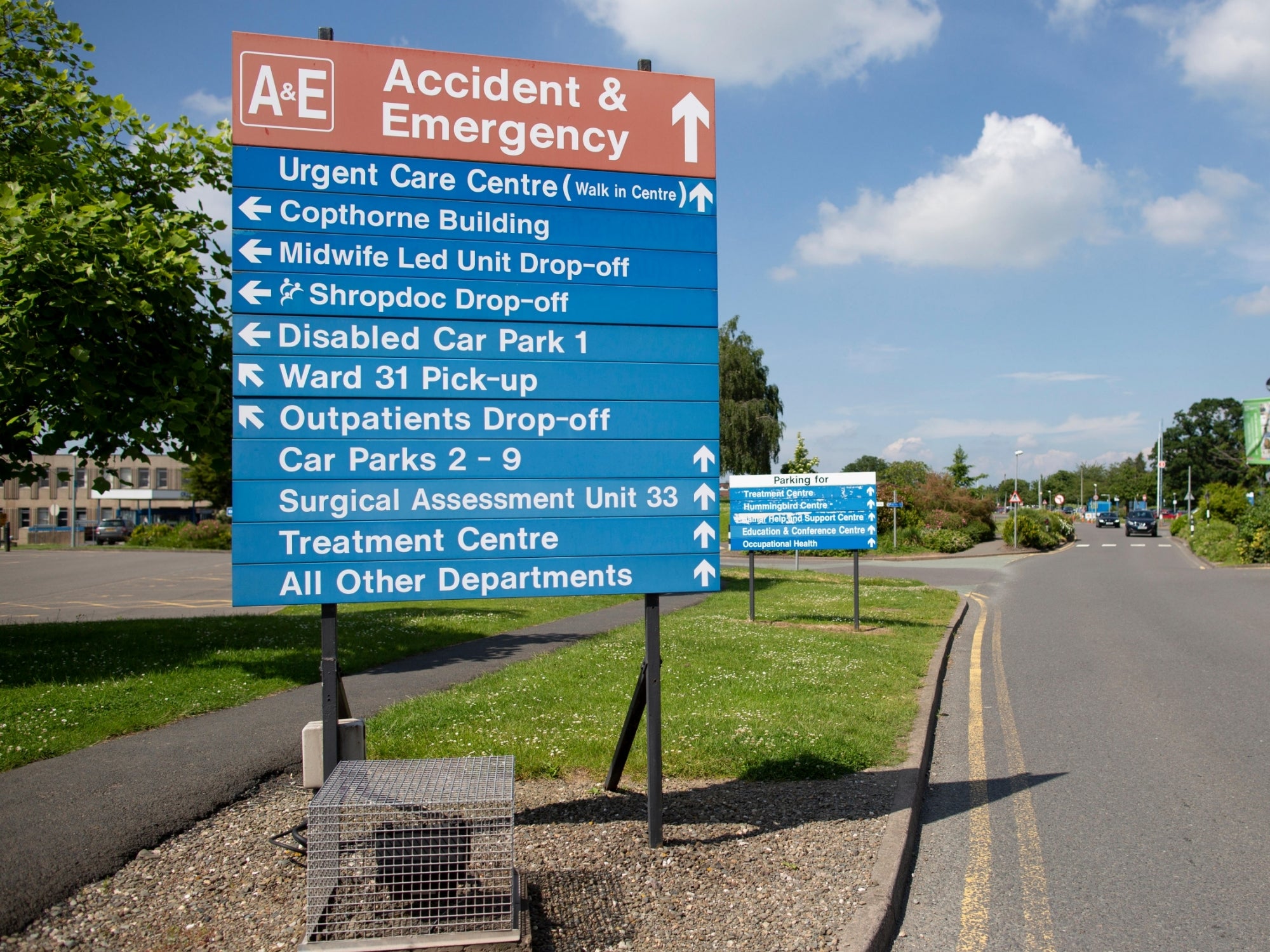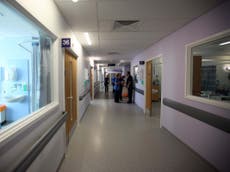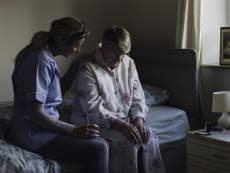We’ve just witnessed the last avoidable NHS scandal – the ones that will follow are now simply inevitable
Money is needed, but not just in the short term, to provide structure and support that will allow hospitals and staff to maintain safety standards


Recently The Independent’s health correspondent, Shaun Lintern, expressed his fear that the NHS is doomed to repeat its mistakes. He’s right to worry.
In the last three months the NHS has seen a number of safety scandals break – and more are certainly in the wings, waiting to be uncovered. It is easy to think, and who can blame the British public if they do, that the NHS has stopped caring. That these new and historical cases of neglect, poor care, indifferent attitudes and lapses in patient safety are due to an incompetent system, employing uncaring staff.
When things go wrong in medicine, society immediately seeks a culprit. Someone specific who we can blame for what is almost always an avoidable disaster. Individuals have been at the heart of every major medical scandal of both this century and the last. Some have been perpetrators, but most have been victims, whether they are patients or staff who have been harmed.
What has mattered most in these scandals is that people are singled out and blamed. That the true culprit of many of these scandals is rather austerity itself may seem like a far-fetched claim, but the blood on its metaphorical hands is real. Instead of tackling structural failures brought on by underfunding, the prevailing approach of the UK government has been to attack people for failings – thus allowing the problems with the under-resourced NHS to be swept under the rug. Austerity has ensured an Everest-like mound has accumulated there.
The historical scandals that have been made public in recent months the highlight toxic work environments and management gone astray that have been deeply ingrained across several years, sometimes even decades. Some date from long before austerity set in, but have arguably been exacerbated by it all the same.
More historical scandals are probably lying waiting to be discovered across the country, but recent tragedies like Morecambe Bay, Shrewsbury and Telford, and now East Kent, are the last of a dying breed: the avoidable scandals.
This is because patient safety relies on people being able to count on the support of the communities they make up. Staff need to know they and their work are valued, and this is chiefly shown by management providing sufficient resources for frontline staff to do their job effectively. Value the staff and they will put that value and respect back into the job too. Give a ward consistent safe staffing levels and equipment that works, and you’ll build a safe ward with patients who feel they are cared for and respected.
Instead, the financial and staff shortages of the last decade, coupled with a growing and ageing population, mean we face a very real problem. The NHS is, to borrow a term from the climate change community, at a tipping point. A precipice from which there can be no going back. A point after which there would be no chance to restore faith in the NHS’s abilities to provide the best clinical care possible to its patients.
With little real funding on the horizon that will actively and safely plug the gaps, the NHS is staring into a dangerous future. It stands on the cliff-edge of a new era heralded by repeated patient safety lapses: the era of the unavoidable scandals. If we do not solve the staffing and resourcing crisis in the NHS now, we will find ourselves faced with inescapable lapses in safety.
Mothers and babies, the elderly and the vulnerable will die first, needlessly and in droves, as managers demand longer shifts, and try to run departments on unrealistically small budgets. NHS staff will suffer complete mental and physical exhaustion, and when they inevitably make a mistake, miss an important diagnosis, is it really fair to blame them? Every ward currently fighting to keep its head above water will drown, one by one, in a rising ocean of safety failings that are impossible for even the very best to avoid.
A member of NHS staff once commented to me that you cannot draw water from an empty well. The NHS is now dangerously close to parched earth. Money is needed now, not just in the short term to quench the immediate thirst, but to provide structure and support that will allow us to draw from the well for decades to come. Without it, the ability of staff and hospitals to maintain safety will decline.
This is the inevitable conclusion of austerity, the dawn of scandal after unavoidable scandal. The price for ignoring this tipping point will be paid for in human lives.
Dr Alexis Paton is chair of the Committee on Ethical Issues in Medicine at the Royal College of Physicians and a lecturer in social science applied to health at the University of Leicester






Join our commenting forum
Join thought-provoking conversations, follow other Independent readers and see their replies